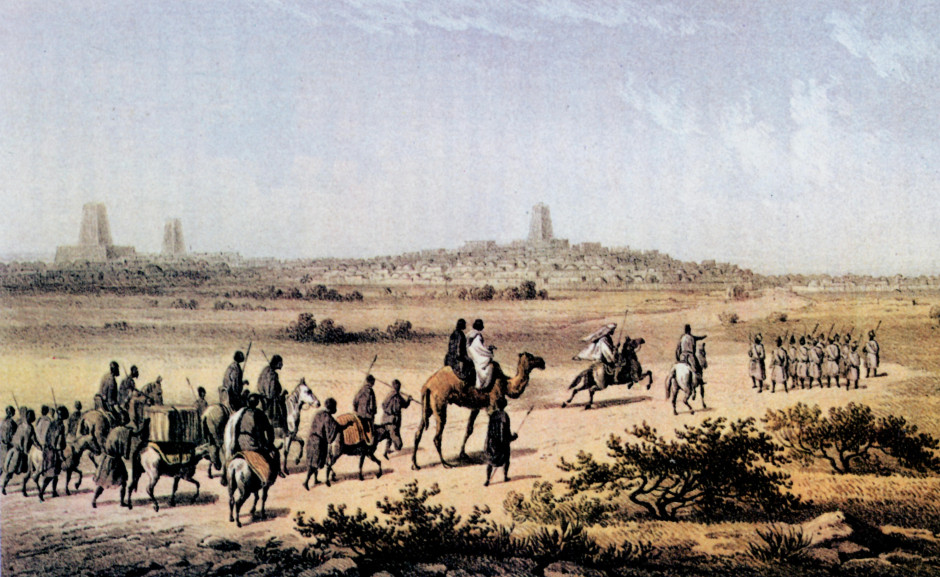Much to its credit, the International Criminal Court in The Hague has set an important precedent, having laid charges against a jihadist accused of destroying historic properties in a legendary African town on the edge of the Sahara desert.
It’s the first time the ICC has addressed the issue of cultural destruction as a war crime.
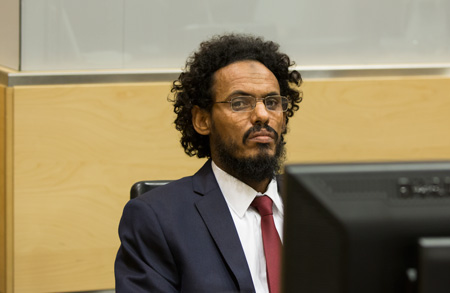
The jihadist in question, Ahmad al-Faqi al-Mahdi, demolished 10 Muslim shrines in Timbuktu, a town in northern Mali seized by an Al Qaeda affiliate — Al Qaeda in the Islamic Maghreb — in 2012.
Mahdi also subjected Timbuktu to a reign of terror during Al Qaeda’s brief occupation, arresting women who had not covered themselves from head to toe, intimidating unmarried couples and, in one ghastly case, stoning to death a man and a woman who had children out of wedlock.
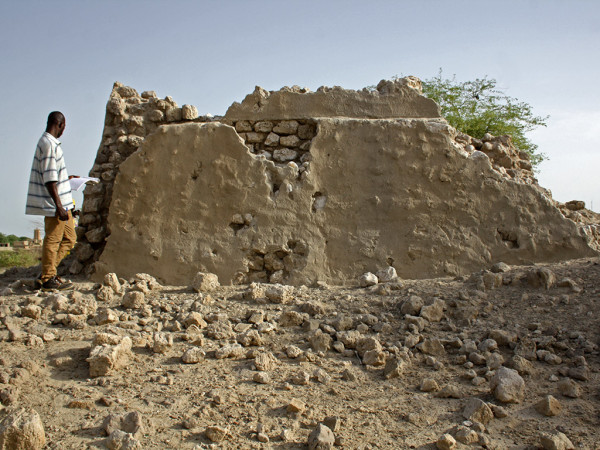
A teacher steeped in Islam, he was appointed chief of a new morality police force after Timbuktu’s seizure. In line with Al Qaeda’s twisted ideology, he ordered his officers to tear down mud and brick mausoleums under which renowned Islamic thinkers and teachers had been buried hundreds of years ago.
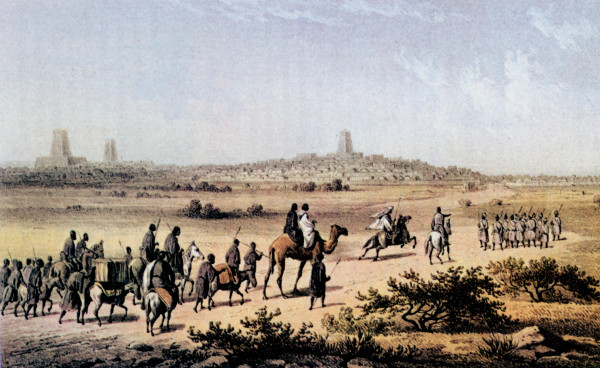
Considered saints by local residents, these scholars lived in Timbuktu during a golden era when it was regarded as a center of Islamic learning and when it thrived as a key commercial hub in Africa.
Throughout the centuries, Muslim pilgrims converged on these shrines, which were woven into the rich tapestry of Timbuktu’s storied history. There they prayed and asked for blessings. But to Mahdi and his cohorts, they were little more than filthy places of idolatry worthy of demolition. Protected as World Heritage sites, they fell prey to the ravages of untrammelled Islamic radicalism.
The ICC’s chief prosecutor, Fatou Bensouda, rightly described their wholesale destruction as “a callous assault on the dignity and identity of entire populations.”
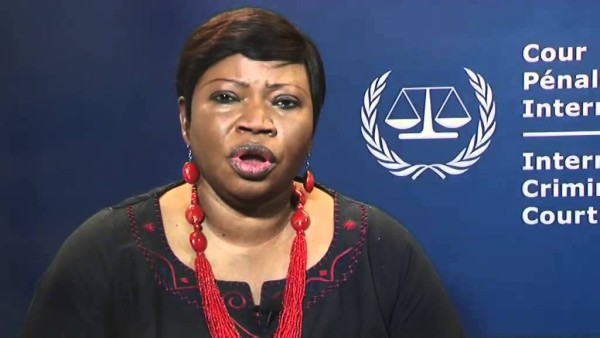
And as she suggested, such assaults have not been unprecedented in our turbulent times.
During the civil wars in the former Yugoslavia, when ethnic cleansing campaigns were in full swing, Serbians bombarded the beautiful port of Dubrovnik, while Croatians blew up an iconic bridge in Mostar. As these crimes unfolded, Christian and Muslim fanatics ran amok, destroying mosques and churches in an orgy of mutual hatred.
In 2001, the Taliban, in league with Al Qaeda, razed Buddha statues carved into mountainsides in Afghanistan. Since the eruption of the civil war in Syria five years ago, the old city of Aleppo has been virtually reduced to rubble. Last year, in barbaric rampages, Islamic State blew up Roman statues and temples in Palmyra.
Few of the perpetrators have been caught, much less brought to trial. Mahdi, fortunately, will pay for his crimes. Captured by French troops in neighboring Niger following Timbuktu’s liberation, he was brought to The Hague in 2015 to face justice.
It now falls on a panel of judges to ascertain whether the evidence presented by the prosecution is sufficiently strong to warrant a trial. But it seems evident that Mahdi is guilty as charged.
Hopefully, the punishment that should be meted out to him will serve as an effective deterrent to future destroyers and plunderers of national cultural treasures.
